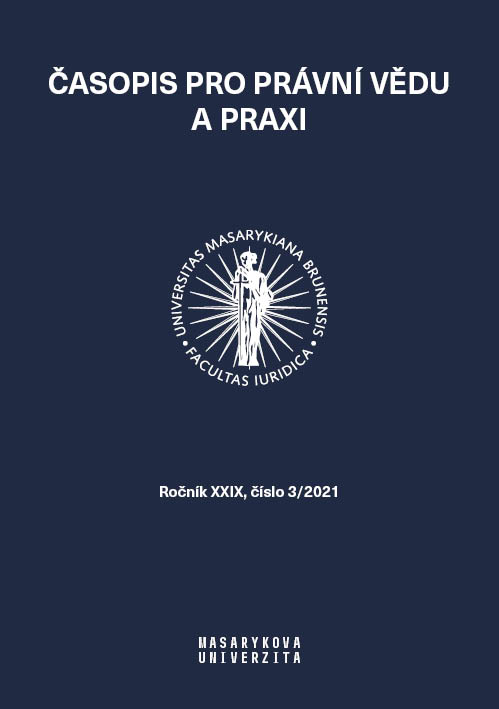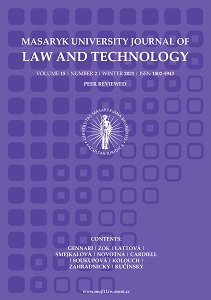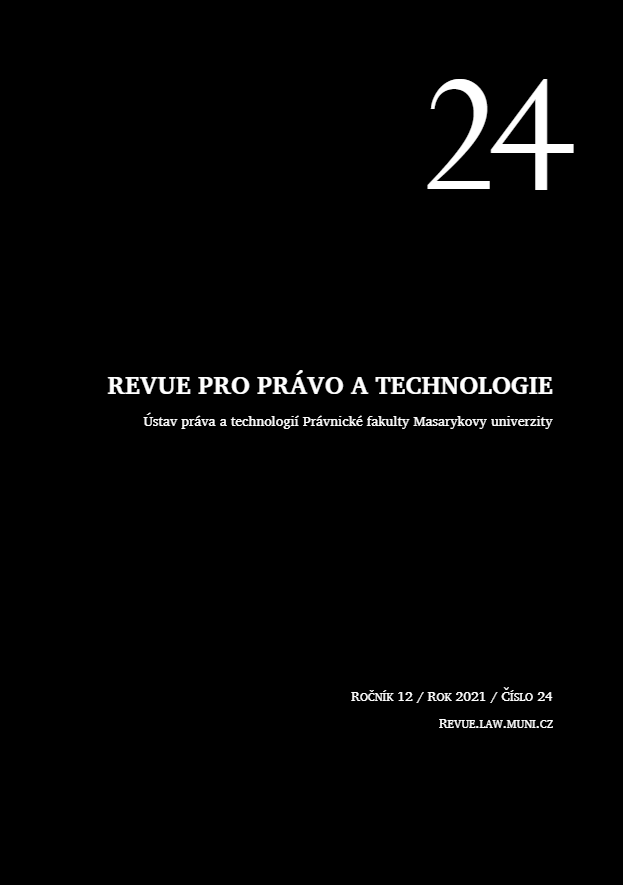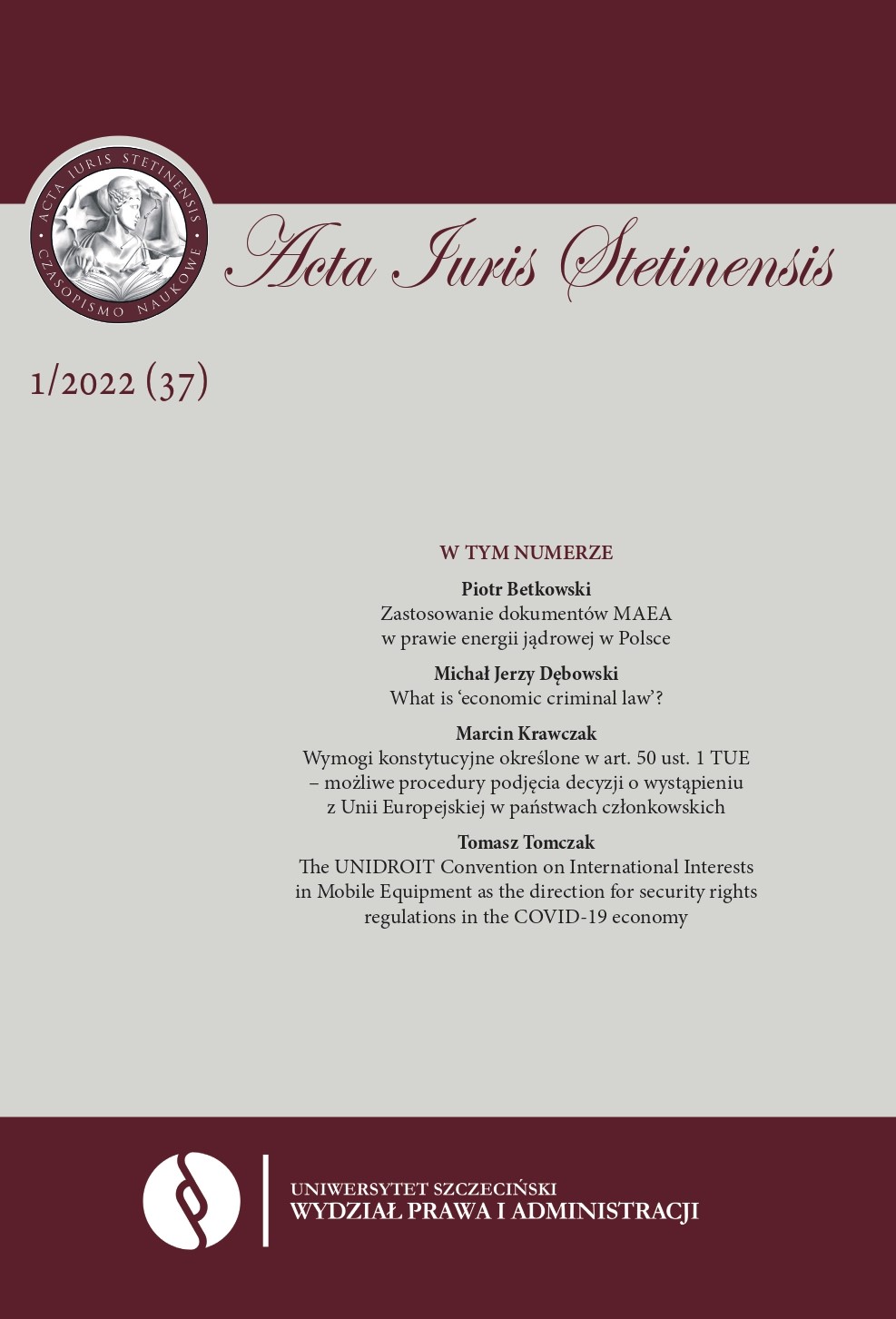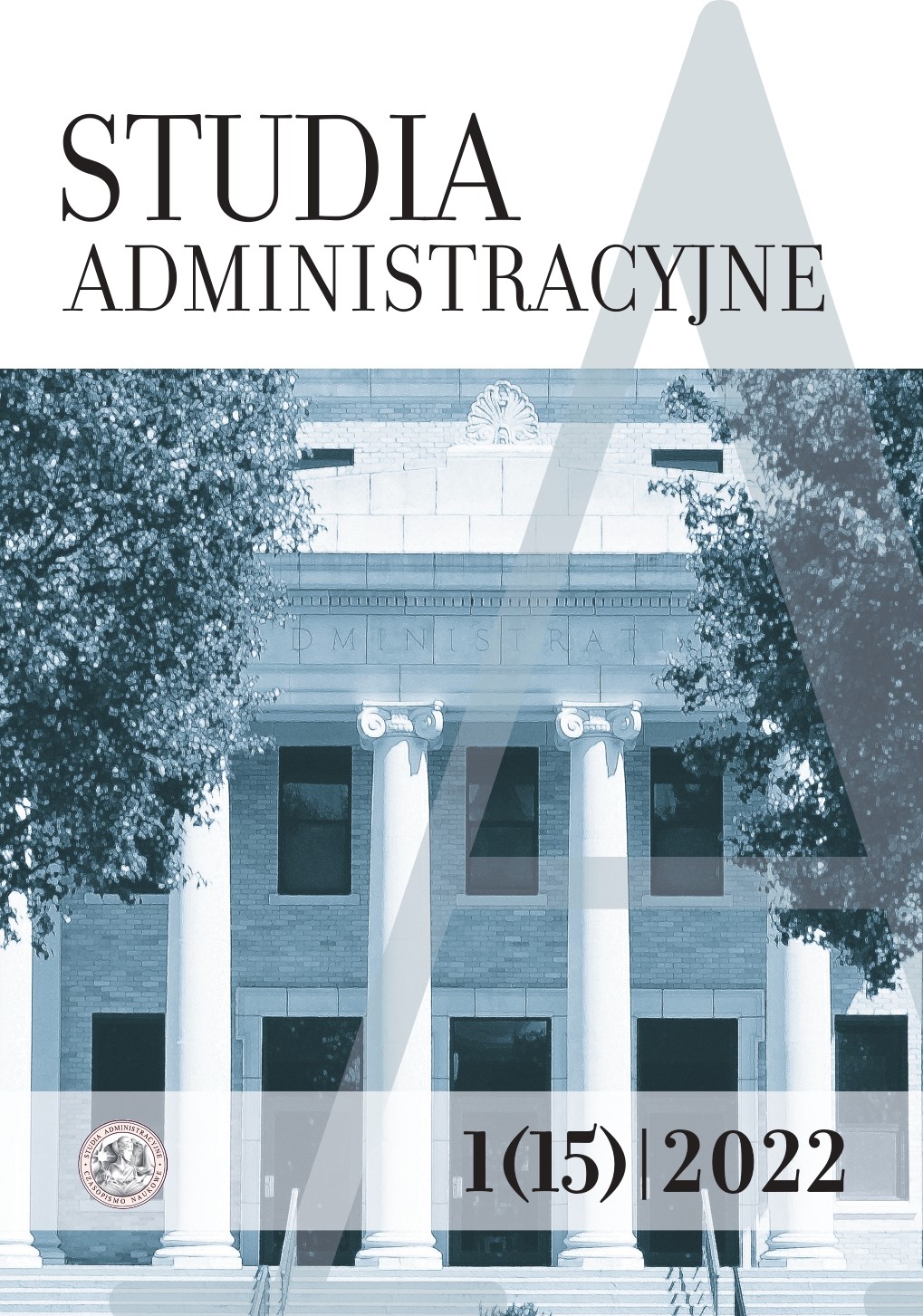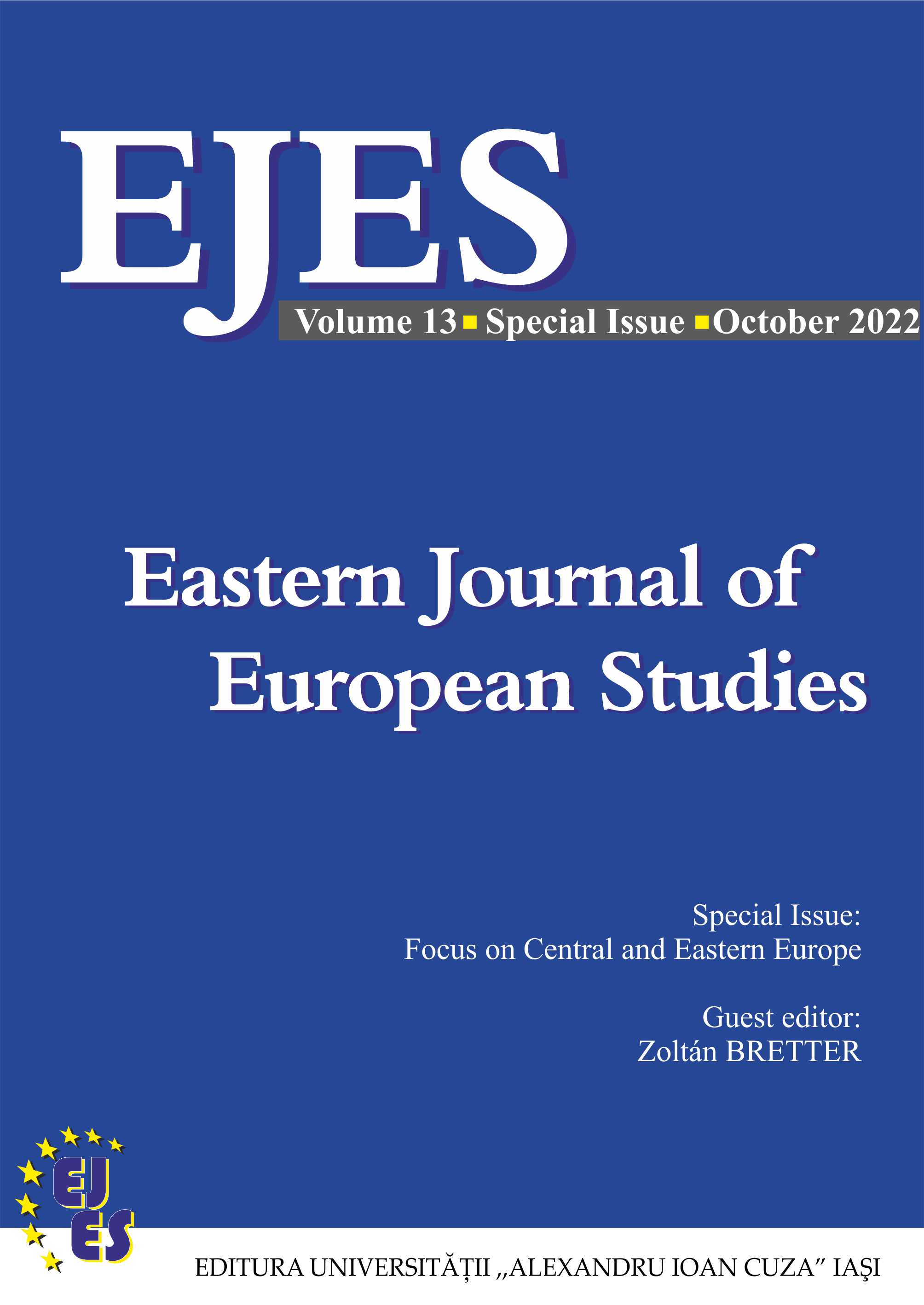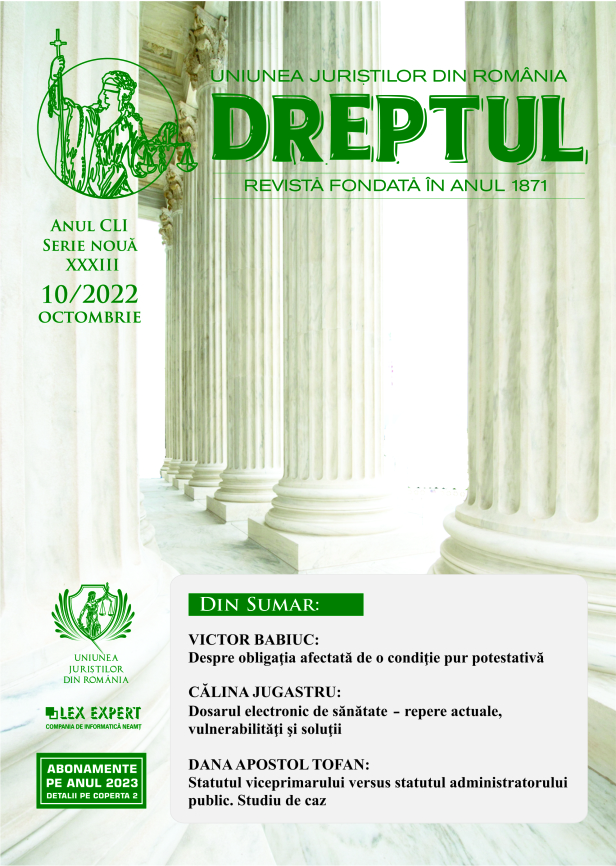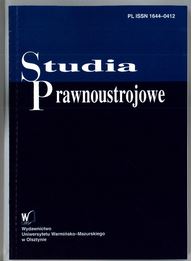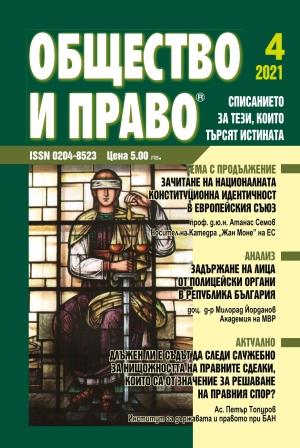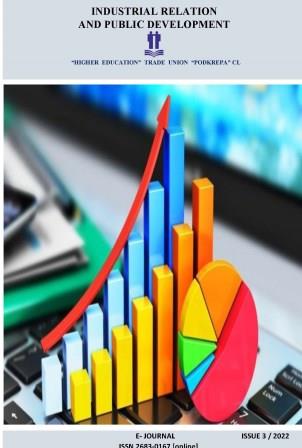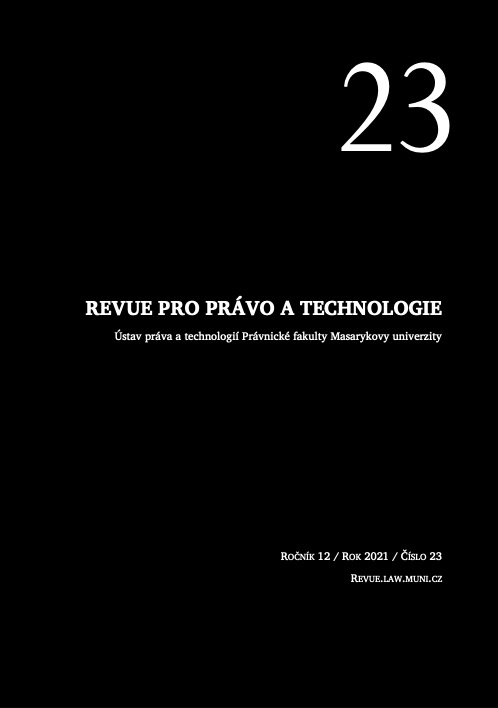
Varování NÚKIB v systematice zákona o kybernetické bezpečnosti a možnosti jeho zohlednění v zadávacím řízení
At first, the article deals with the conceptual inconsistency and the use of the word "measures" in the system of the Cyber Security Act, to not to confuse these linguistically very similar legal institutes. After a clear definition of the nomenclature and nature of measures, the institute of warning is discussed in detail. It is a specific institute in international comparison, which places high demands on individual activity of its recipients. However, it enables the recipient's security measures to be appropriately stepped up, and thus to respond effectively to cybersecurity threats of different intensity. Furthermore, the problematic projection of performative rules of cyber security law and highly formalized administrative rules of public procurement law are practically discussed. After explaining the correct implementation of warning by public authorities, the ways in which the content of warning could be reflected as a subject of a public contract are also presented at various stages of the procurement procedure, in accordance with the supporting materials of NÚKIB and current decision-making practice.
More...
